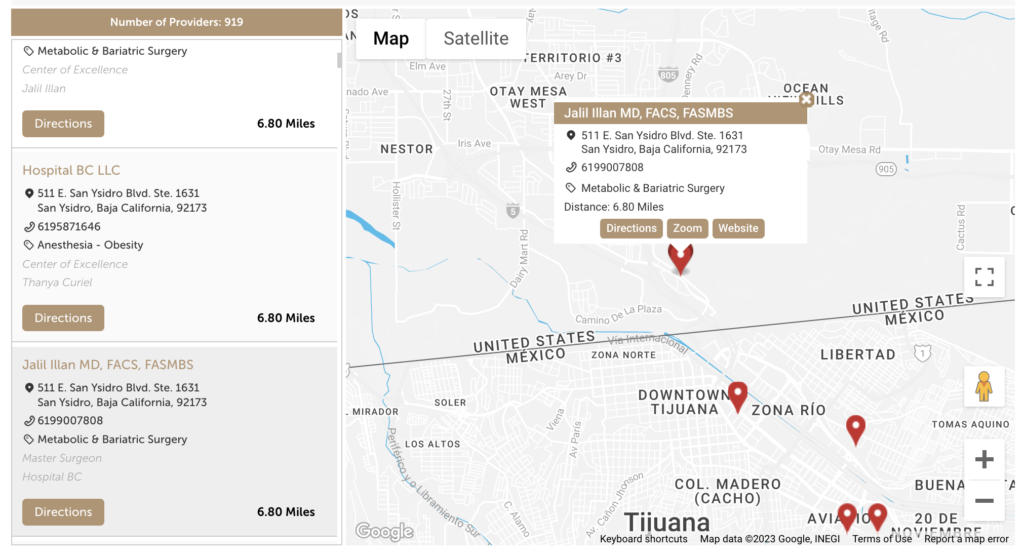When it comes to weight loss, there are a lot of different opinions out there. Some people believe that diet and exercise are the only way to go, while others think surgery is the best option. So, which is better: bariatric surgery or diet and exercise?
The answer may vary based on your current health, coverage, and weight-loss goals. Here’s a look at how these two options compare:
What Is a Bariatric Surgery and Its Types?
Bariatric surgery is any surgery to help with weight loss. There are different bariatric surgeries; the most common ones are gastric bypasses and sleeve gastrectomies.
Gastric bypass involves making a small stomach pouch and rerouting the small intestine to bypass most of the stomach. This means you will feel full after eating only a tiny amount.
In a gastric sleeve surgery, also called vertical sleeve gastrectomy, the surgeon removes a large portion of your stomach. This leaves a smaller “sleeve” shaped stomach about the size of a banana.
Benefits of Choosing Weight Loss Surgeries
1. Faster Way To Lose Weight
One of the main reasons people choose bariatric surgery over diet and exercise is because it provides a much faster way to lose weight. If you are 100 pounds or more overweight, it can be impossible to lose weight through diet and exercise alone.
Bariatric surgery can help you lose weight quickly so that you can start seeing results right away. This can be a huge motivation boost and help you stick to your weight loss goals in the long run.
Read more: Losing Weight After Bariatric Surgery: A Timeline
2. You’ll Keep the Weight Off Longer
Dieting and exercising may help you lose weight in the short term. To maintain weight loss, you must continue those healthy habits for the rest of your life. But bariatric surgery can help you lose weight and keep it off for the long term.
The surgery involves making changes to your digestive system. This can help reduce the amount of food your body can absorb, which leads to weight loss. It also helps to change the hormones that control hunger, so you feel fuller after eating less food.
3. It Is Best for Obese and Morbidly Obese People
A body mass index of 30 or more is considered obese. A BMI of 40 or higher is morbidly obese. If your BMI falls into either of these categories, you are a candidate for weight-loss surgery.
Obese people may find it difficult to lose weight and keep it off with diet and exercise alone. That’s because they have a higher body fat percentage than only overweight people.
Morbidly obese people are also at risk for serious health problems like heart disease, stroke, high blood pressure, sleep apnea, and type II diabetes. Weight-loss surgery can help improve or resolve these conditions.
4. Follow-up Care from an Expert Nutritionist
After a weight loss surgery, it is essential to follow up with a care plan from an expert nutritionist. This will help ensure you get the nutrients your body needs and help you maintain your weight loss long-term.
A nutritionist can also help you make healthy choices regarding food and exercise, both critical for weight loss and keeping the weight off.
If you are considering weight loss surgery in Mexico, talk to your doctor about your options and what is best for your situation. Bariatric surgery is a serious decision, but it can be life-changing and improve health and quality of life.
For the best weight loss surgery in Mexico, contact Dr. Jalil. He is an experienced bariatric surgeon who can help you lose weight and keep it off for good.






